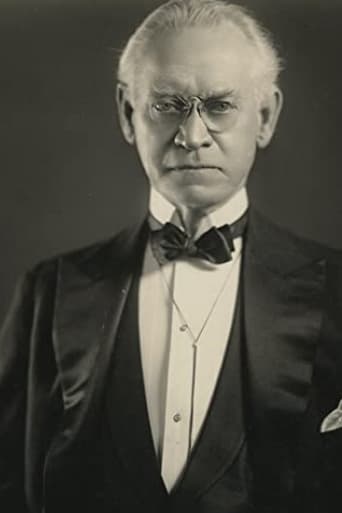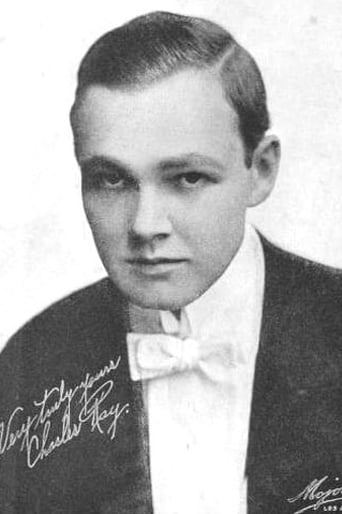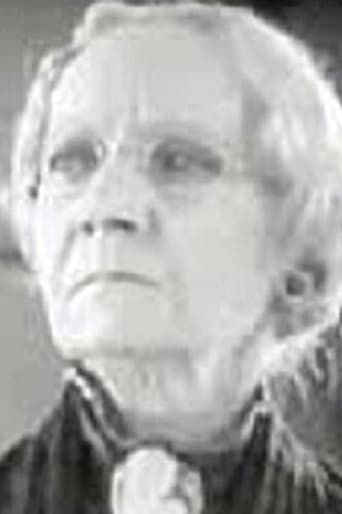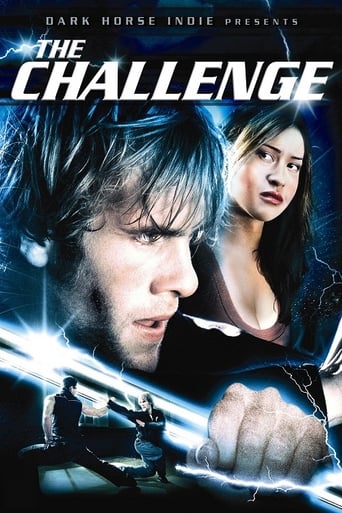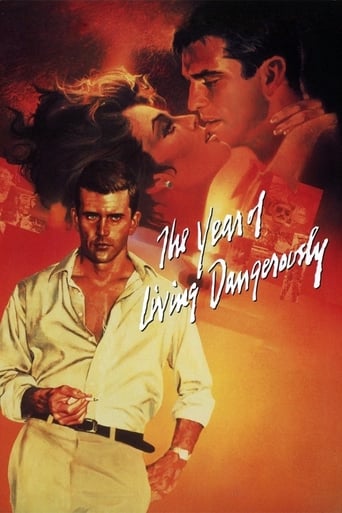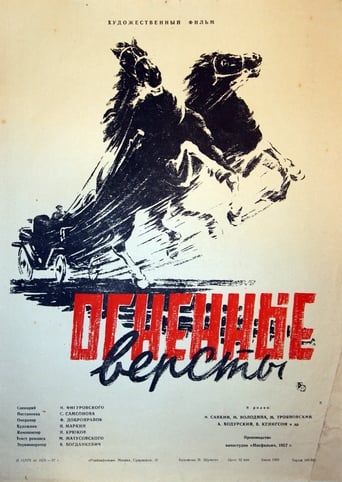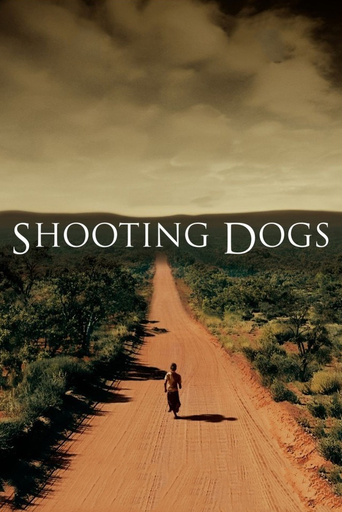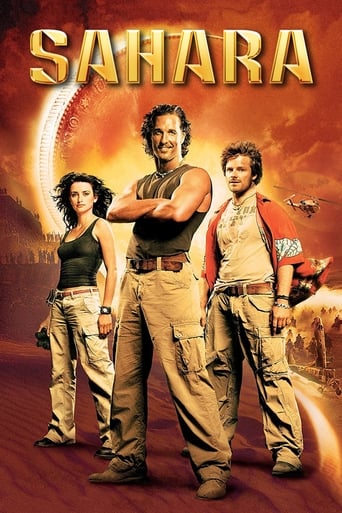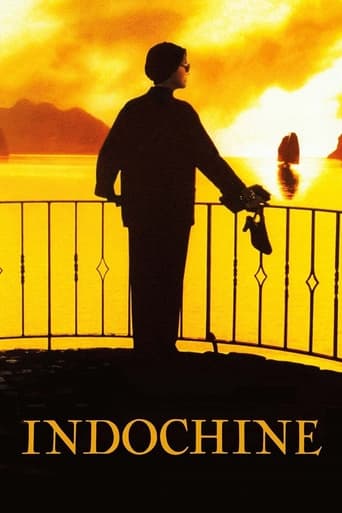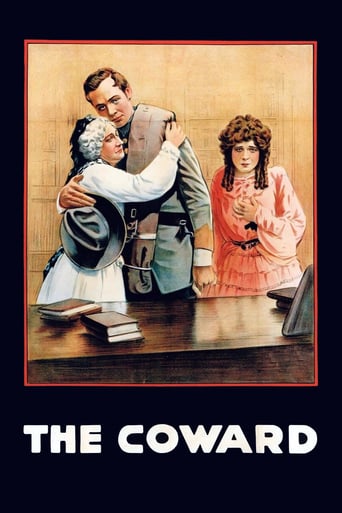

The Coward (1915)
Set during the American Civil War, Keenan stars as a Virginia colonel and Charles Ray as his weak-willed son. The son is forced, at gunpoint, by his father to enlist in the Confederate army. He is terrified by the war and deserts during a battle. The film focuses on the son's struggle to overcome his cowardice.
Watch Trailer
Cast


Similar titles
Reviews
If you don't like this, we can't be friends.
I don't have all the words right now but this film is a work of art.
Good concept, poorly executed.
Fantastic!
A story of the old code of family honor at the dawn of the Cibil War and the way that reluctance to throw one's life away was treated with disgrace and exile. The acting is overwrought by today's standard but mixed in with the exaggeration are some bits of touching human emotion.Seeing as the film is now one hundred years old and was made about facts that at that point were only fifty years in the past the film makers were able to have a perspective on events that is impossible to us now. As such this is a precious piece of cinema. As a movie it's a hoary old chestnut but as an historical document it's fascinating. The damage to the print actually adds to the feeling that you're watching a series of Matthew Brady daguerreotypes come to life.
"The Coward" should be seen in order to disprove the oft-made point that film acting in the early 20th century was overdone. The young and fresh-faced Charles Ray, who steals this Civil War melodrama from then-veterans Frank Keenan (a dead ringer for Mark Twain) and Gertrude Clair, was one of the most naturally appealing young male actors of his time, and recognized as such by contemporary audiences and critics. Few of his films have survived, and luckily this rather well preserved relic contains generous helpings of his talent and magnetism. Sadly, his career petered out in the 1920s.There is little of general interest, however, in this simple but overly drawn-out Civil War story of a young man (Ray) whose soldier father (Keenan) forces him at gunpoint to enlist in the Confederate Army for the sake of family honor, if nothing else. There follows a melodrama of desertion, heroism and redemption which could have been told in about 30 minutes if some of the close-ups had been kept to a realistic length, but this was 1915 and cinema audiences apparently needed 60 seconds or so to identify an emotional state from an on screen face.Some of the indoor scenes bear the telltale sign of having been shot outdoors to take advantage of the natural light (in a parlor scene Keenan's cigar smoke rushes away from his face and the dining room table cloth flutters in the breeze).Keenan's performance, mostly slow-motion gestures and smoldering glares, seems bizarre by today's standards, but it can't be his fault because the camera and editing are obviously cooperating.As usual for the era, house slaves are played by white actors in blackface.
The simple and, by now, oft-told tale of a son who fears that he cannot live up to the high standards of his father may have been fresher in 1915 than it seems today. However, viewers of early silent films should put themselves into the perspective of the times and relish a Civil War story that was filmed while many in the audience could still remember the actual war. The Civil War took place only 50 years before "The Coward" was made, which is approximately the same time span between World War II and "Saving Private Ryan." A fresh-looking Charles Ray portrays Frank Winslow, the son of a proud and unyielding Southern gentleman, and his performance is the most naturalistic of the small cast. A handsome young man with an appropriately innocent demeanor, Ray manages to convey his ambivalence about resisting enlistment in the Confederate Army, a move that will alienate him from his stern father, who insists that his son uphold the family honor. Bowing to his father's orders and threats, the young man joins the army, where he makes a fateful decision. Although subsequent events play out as anyone could predict, viewer interest never lags because the film is tight and decently paced.Unfortunately, much of the cast, especially Frank Keenan as the father, are either stiff or overly emotive in their roles, which makes Ray that much more appealing in contrast. Characteristic of the times, white actors in black face play the two household slaves. While the condition of the print makes evaluation of the cinematography difficult, the interior scenes for the most part betray the flimsy sets that were used. However, the exterior shots, especially the brief battle scenes, are convincing and effective."The Coward" is an amiable film with a well-worn plot and is likely typical of silent films that were produced prior to the 1920's. While neither a work of art nor even the best of its era, the film offers an interesting glimpse of what entertained moviegoers during the years before World War I.
The DVD "Civil War Films of the Silent Era" has three Thomas Ince productions on it-- the highly successful 1915 feature The Coward, starring Charles Ray and Frank Keenan (Keenan Wynn's grandfather, incidentally, and at times you can definitely tell), plus two shorts from 1913, Granddad and The Drummer of the 8th. The former is directed by Reginald Barker, who I daresay is the only director most of us could associate with Triangle (he directed The Italian, Civilization, several Hart westerns, etc.)It's pretty tough not to compare a 1915 film about the South to a certain D.W. Griffith film, and on the evidence Barker was highly capable and in some ways more fluid in his storytelling than Griffith, but didn't have Griffith's eye for the iconic actorly gesture that summed up character in a flash. There's nothing flashy about the on-screen agonizing that represents the delineation of character here, which is well acted for the period but takes literally a third of the movie to get across a fairly simple setup-- Dad (Keenan) is a proud Suthanah and gennelmun, Son (Ray) is a weakling who runs away from the enlisting office, and Dad orders Son to sign up and remembah that he is a Winslow, suh. There's a lot of knuckle-biting to get to that point.Once Ray deserts the movie picks up noticeably, and the action scenes are very nicely handled-- the manner in which Ray eludes capture in his own house is ingenious and nicely in character for someone who was a boy in the home, for instance. Watching it there are enough echoes of The General-- the enlistment opening, spying from beneath a table, etc.-- that you have to think that Keaton was drawing on memories of it, even if unconsciously. The battle scenes are fairly brief but impressively scaled (especially next to those in the shorts-- it's much like the difference in scale between the battle in The Battle of Elderbush Gulch and The Birth).But perhaps most interesting is what's missing-- The Birth's racial attitudes. This is much closer to Gone With the Wind's benevolent-paternalist view of master-slave relations, and while a definite air of Old South nostalgia/apologia fills the film, it feels right, for instance, that when Ray first sneaks into his home as a deserter, it's the servants who probably really raised him who take him in and try to ease the discovery of his action by his parents. (Of course, they may also have approved of desertion from the Confederate army...)


